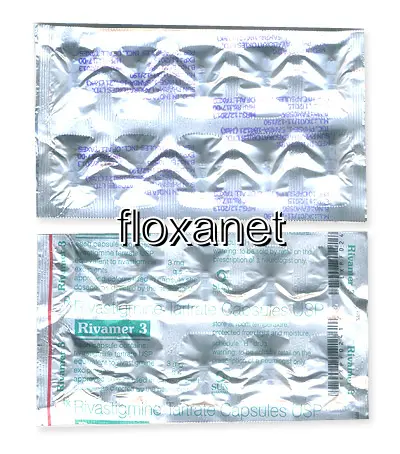| Package | Dosage | Price | Price per Dose | |
|---|---|---|---|---|
| Dosage: 1,5mg | ||||
| 360 pill | 1,5mg | AUD611.26 | AUD1.70 | |
| 240 pill | 1,5mg | AUD416.05 | AUD1.74 | |
| 180 pill | 1,5mg | AUD319.42 | AUD1.77 | |
| 120 pill | 1,5mg | AUD224.77 | AUD1.87 | |
| 90 pill | 1,5mg | AUD175.48 | AUD1.95 | |
| 60 pill | 1,5mg | AUD118.29 | AUD1.97 | |
| 30 pill | 1,5mg | AUD63.08 | AUD2.09 | |
| Dosage: 3mg | ||||
| 360 pill | 3mg | AUD559.99 | AUD1.56 | |
| 240 pill | 3mg | AUD392.38 | AUD1.64 | |
| 180 pill | 3mg | AUD305.62 | AUD1.70 | |
| 120 pill | 3mg | AUD220.83 | AUD1.83 | |
| 90 pill | 3mg | AUD175.48 | AUD1.95 | |
| 60 pill | 3mg | AUD128.15 | AUD2.13 | |
| 30 pill | 3mg | AUD72.94 | AUD2.43 | |

Rivastigmine Tartrate Description
Overview of Rivastigmine Tartrate
Rivastigmine Tartrate is a medication widely used to manage symptoms of cognitive decline associated with Alzheimer's disease and Parkinson's disease dementia. It belongs to a class of drugs known as cholinesterase inhibitors. Its primary function is to increase the levels of acetylcholine in the brain, which helps improve memory, thinking skills, and overall mental functioning. As a prescription medication, Rivastigmine is available in various forms, including capsules, transdermal patches, and oral solutions, providing flexibility for patient needs.
Mechanism of Action
This medication works by inhibiting the enzyme acetylcholinesterase, responsible for breaking down acetylcholine. By blocking this enzyme, Rivastigmine elevates the concentration of acetylcholine, which tends to be deficient in patients with dementia. The increased availability of this neurotransmitter enhances communication between nerve cells, potentially slowing cognitive decline and improving daily functioning. The transdermal patch form offers a steady release of the drug, minimizing peaks and troughs in drug levels and reducing some gastrointestinal side effects often associated with oral administration.
Effectiveness and Clinical Use
Many users find that Rivastigmine provides noticeable benefits in managing their cognitive symptoms. Clinical trials have demonstrated its ability to slow the progression of symptoms such as memory loss, confusion, and difficulties with daily tasks. It is typically prescribed for moderate to severe stages of dementia, where other interventions might have limited impact. However, it does not cure the underlying disease but aims to improve the quality of life for patients and support their caregivers. With consistent use, some patients experience improved attention, better mood, and greater independence in daily activities.
Servicing Side Effects and Precautions
While Rivastigmine can be effective, it also has potential side effects. Common issues include nausea, vomiting, dizziness, and weight loss. Gastrointestinal discomfort is frequently reported, especially when beginning treatment or increasing dosage. The transdermal patch tends to cause fewer gastrointestinal problems but may cause skin irritation at the application site. It’s essential for users to follow dosing instructions carefully and report any adverse reactions to their healthcare provider. Patients with certain conditions like liver impairment or urinary obstructions should be cautious and consult a doctor before starting therapy. Regular monitoring helps in managing side effects and adjusting doses appropriately.
Advantages of Using Rivastigmine Tartrate
One notable advantage is the availability of the transdermal patch, which simplifies dosing and enhances adherence. The patch provides a consistent drug level, reduces gastrointestinal symptoms common with oral forms, and is easier to use for some patients who have difficulty swallowing pills. The medication’s proven efficacy in improving cognitive functions makes it a preferred choice for many clinicians. Additionally, some patients report enhanced mood and increased alertness, allowing for better participation in daily routines and social activities.
Considerations for Patients and Caregivers
Before starting Rivastigmine, it’s important to discuss medical history and any current medications with a healthcare professional. Caregivers play a vital role in ensuring correct application of patches and adherence to prescribed routines. Due to possible side effects, ongoing medical supervision is necessary, especially during the initial adjustment period. It’s also recommended to monitor for signs of allergic skin reactions or other unusual symptoms. While Rivastigmine can significantly support cognitive function, it works best when combined with comprehensive care approaches, including lifestyle modifications and supportive therapies.